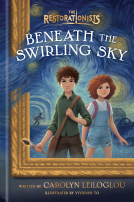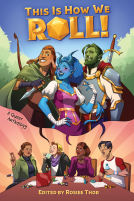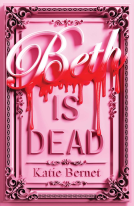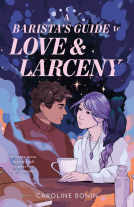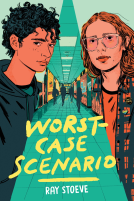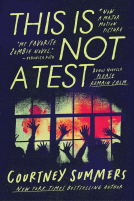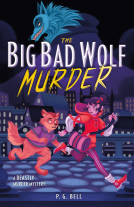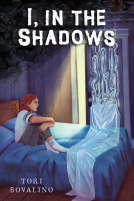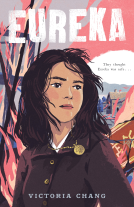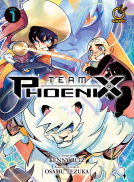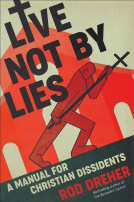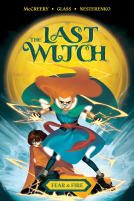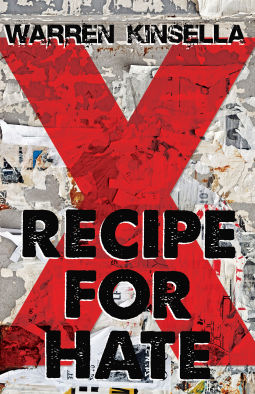
Recipe for Hate
The X Gang
by Warren Kinsella
This title was previously available on NetGalley and is now archived.
Send NetGalley books directly to your Kindle or Kindle app
1
To read on a Kindle or Kindle app, please add kindle@netgalley.com as an approved email address to receive files in your Amazon account. Click here for step-by-step instructions.
2
Also find your Kindle email address within your Amazon account, and enter it here.
Pub Date Dec 05 2017 | Archive Date Nov 02 2017
Dundurn | Dundurn Press
Description
The X Gang is a group of punks led by the scarred, silent, and mostly unreadable Christopher X. His best friend, Kurt Blank, is a hulking and talented punk guitarist living in the closet. Sisters Patti and Betty Upchuck form the core of the feminist Punk Rock Virgins band, and are the closest to X and Kurt. Assorted hangers-on and young upstarts fill out the X Gang’s orbit: the Hot Nasties, the Social Blemishes, and even the legendary Joe Strummer of the Clash. Together, they’ve all but taken over Gary’s, an old biker bar. Then over one dark weekend, a bloody crime nearly brings it all to an end.
Based on real events, Warren Kinsella tells the story of the X Gang’s punk lives — the community hall gigs, the antiracism rallies, the fanzines and poetry and art, and what happened after the brutal murders of two of their friends.
A Note From the Publisher
Marketing Plan
ADVERTISING
Library wholesaler ads: Library Services Centre, Library Bound, Baker & Taylor
Trade ads: Publishers Weekly, Booklist, Quill & Quire
Online ads: NetGalley, Goodreads, Facebook
MARKETING MATERIALS
Bookmarks
EVENTS
Festival pitches
Event promotion: posters, evites
Trade shows, school and library conferences
Launch event, Toronto
DIGITAL MARKETING
Twitter, Facebook, Pinterest, Instagram, Dundurn.com campaigns
Goodreads giveaway
Social media contest
Cover and sample chapter reveal
Guest Post on Dundurn Blog
Digital Reader Copies available: NetGalley, Edelweiss
Consumer, library, bookseller, and author newsletters
SPECIAL OUTREACH
Key Influencer mailing
Niche marketing to associations and interest groups
Bookseller mailing, USA and Canada, enhanced packaging
PUBLICITY
Targeted media and blogger review mailings
Blog tour
Advance Reading Copies available, enhanced quantity
MERCHANDISING
Shelf Talkers
Book hashtag: #RecipeforHate
Author Website: warrenkinsella.com
Author Twitter: @kinsellawarren
Author Facebook: kinsellawarren
Available Editions
| EDITION | Other Format |
| ISBN | 9781459739062 |
| PRICE | $14.99 (USD) |
| PAGES | 200 |
Average rating from 14 members
Featured Reviews
 Hunter F, Educator
Hunter F, Educator
I really enjoyed this book and I know I have students who would as well. I think the characterization is nicely done and the characters feel genuine. The pacing seems to really keep a nice pace too, I think it could have veered off into wasted pages, but the author really managed to keep a building pace until a pretty wild crescendo. The book is very action packed and has some rather graphic and violent parts, and also contains more than a few choice words. These could be a problem for some people, but the curse words are used for effect and not dropped every sentence and the violence, while graphic was not gratuitous. I would definitely recommend this book to some of my students, I have already told some of my junior and senior boys about it and that I think they would enjoy it.
